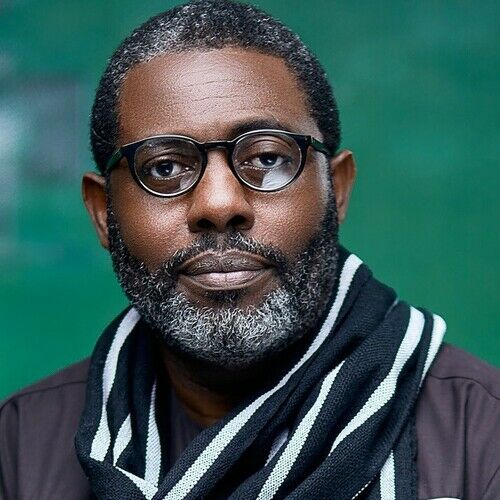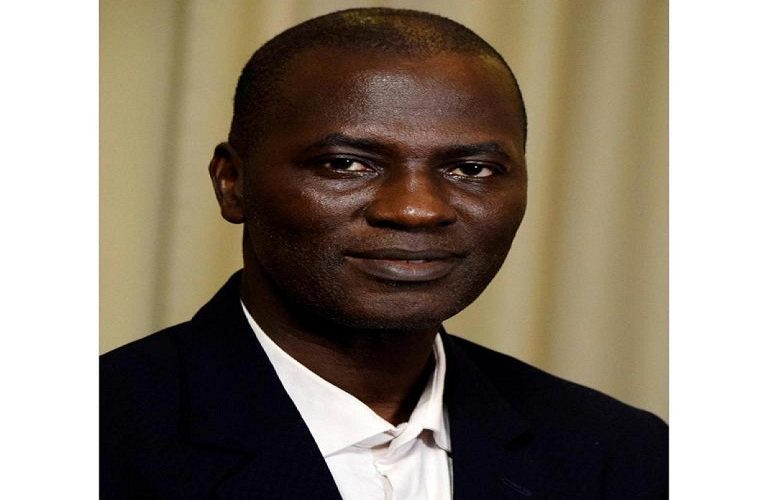By Zion Rufus
In light of long existing political, economic, and national security crises that have plagued Nigerians for decades, renowned writer and filmmaker, Femi Odugbemi has emphasised that the major reason Nigeria repeats its mistakes is often because “we are very distant from history”.
Odugbemi who made this assertion during an interactive session at the second edition of the Guild of Photojournalists Award while buttressing on the role of photojournalists and the need for archives in the preservation of history shared: “We need archives. You’ll find that a lot of things that we are doing now, we did exactly the same way before. A lot of fault lines in this political season were the same fault lines as far back as the days of Shagari. Essentially we really need people who understand the need for us to articulate a way forward. people who are able to give us an archive of not only our way forward, but how we get there, because often, how we find context is being able to confront what has gone before.”
“I don’t know how many of our media houses have paid attention to archiving stories and photographs of the past. We stand in a place now in Nigeria where we are facing an election; and we are facing an election in the context of social media misinformation, division in terms of our various tribal affiliations, and national security questions surrounding how many poor people now exist in this country.”
Noting that a lot of Nigerian youths are not aware of what happened before they were born, what some significant dates and holidays stand for, and the apparent dissociation from their heritage as they instead show more interest in embracing foreign culture, climes, and politics, the veteran film producer explained: “There is also the problem that Nigeria is a very young country; we have about 60% of Nigerians under the age of 50. So, what archives will do for us is to give these young people a sense of context, a sense of history, a sense of who yesterday’s players were, what they said then, and what they are saying now. But if we don’t store history, how do we achieve that?”
“There is so much misinformation and political colouring of events that simply looking at news from the perspective of what happened, where it happened, when it happened, how it happened, and to whom it happened is no longer enough. We have to also figure out why it happened; and the only way we find the why is usually when we are able to get the imagery. because the imagery gives us context as it not only identifies the what, where, how, and when, it also adds to its context in terms of how long it has been happening, who are the other players in what is happening, and what it actually looks like,” he explained.
In his final submission, Odugbemi urged photojournalists to leverage technology offerings such as cloud storage and many others as they move to prioritise archiving.
He submitted: “Technology has provided us an opportunity not only to be able to create an archive at the lowest cost possible, it gives us access to different kinds of software to ensure that the storage is not in one place. For me, speaking to photographers who are part of the guild, the question is, should we only rely on the corporate archive, or ask photographers, ask storytellers ourselves, should we also prioritise archiving our personal work? How many of us actually have a viable, indexed archive of our work. Are you exploiting the technology that is available not only to be able to take pictures of what is going on now, but to also be able to offer us images from years past.”






Comment
No comments found.